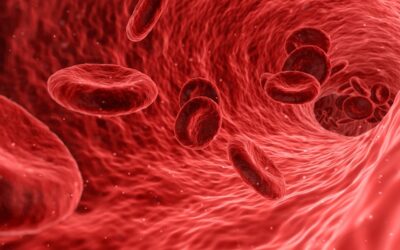In new research Paolo Netti and co-workers have designed and characterized model tumor activated prodrug-conjugated polystyrene (PS) nanoparticles (TAP-NPs) that release cytotoxic drugs such as doxorubicin (Dox) in response to matrix metalloprotease-2 (MMP2) enzyme, which is abundant in extracellular matrix of tumors. They created TAP-NPs by first conjugating Dox to a polymeric carrier poly(ethylene glycol) (PEG) through two MMP2—cleavable enzymes and then tethering the new adduct to PS NPs. The new drug delivery system was tested in three rapidly proliferating cell lines that were pre-treated with MMP2 and controls that were not treated with the enzyme. The results showed that Dox was released only in the presence of MMP2, with a plateu around 20 nm. Cells that were not treated with MMP2 did not trigger the release of Dox and interestingly no cytotoxic effects were observed even after the drug crossed cellular membranes and internalized.
Traditional systematic chemotherapy drugs target cells that are actively growing and dividing. Although cancer cells fit this description so do millions of healthy epithelial, endothelial and blood cells. Most traditional chemotherapy drugs do not discriminate between cancer and normal cells resulting in a broad range of adverse side effects including hair loss, severe gastrointestinal issues, mouth sores and many others. This systematic toxicity does not only lower the quality of life for cancer patients, but also lowers the clinical effectiveness of these drugs. Doxorubicin has been used to treat a wide variety of cancers including leukemia and Hodgkins lymphoma. As many other chemotherapeutic agents Dox causes multiple side effects. However, in addition to common side effects, Dox also leads to serious cardiovascular damage. As the dose of Dox increases, the chances of the patient developing cardiomypathy and subsequent congestive heart failure go up drastically as well. The new MMP-sensitive, TAP-conjugated NPs for enzyme-mediated release of cytotoxic drugs offers an on demand and tumor-specific anti-tumor drug delivery, which is also safer and more effective than traditional chemotherapeutic approaches. Targeted nanodevice-based approaches for the design and production of cancer nanotherapeutics therefore hold a great promise in improving cancer treatment and outcome.
















